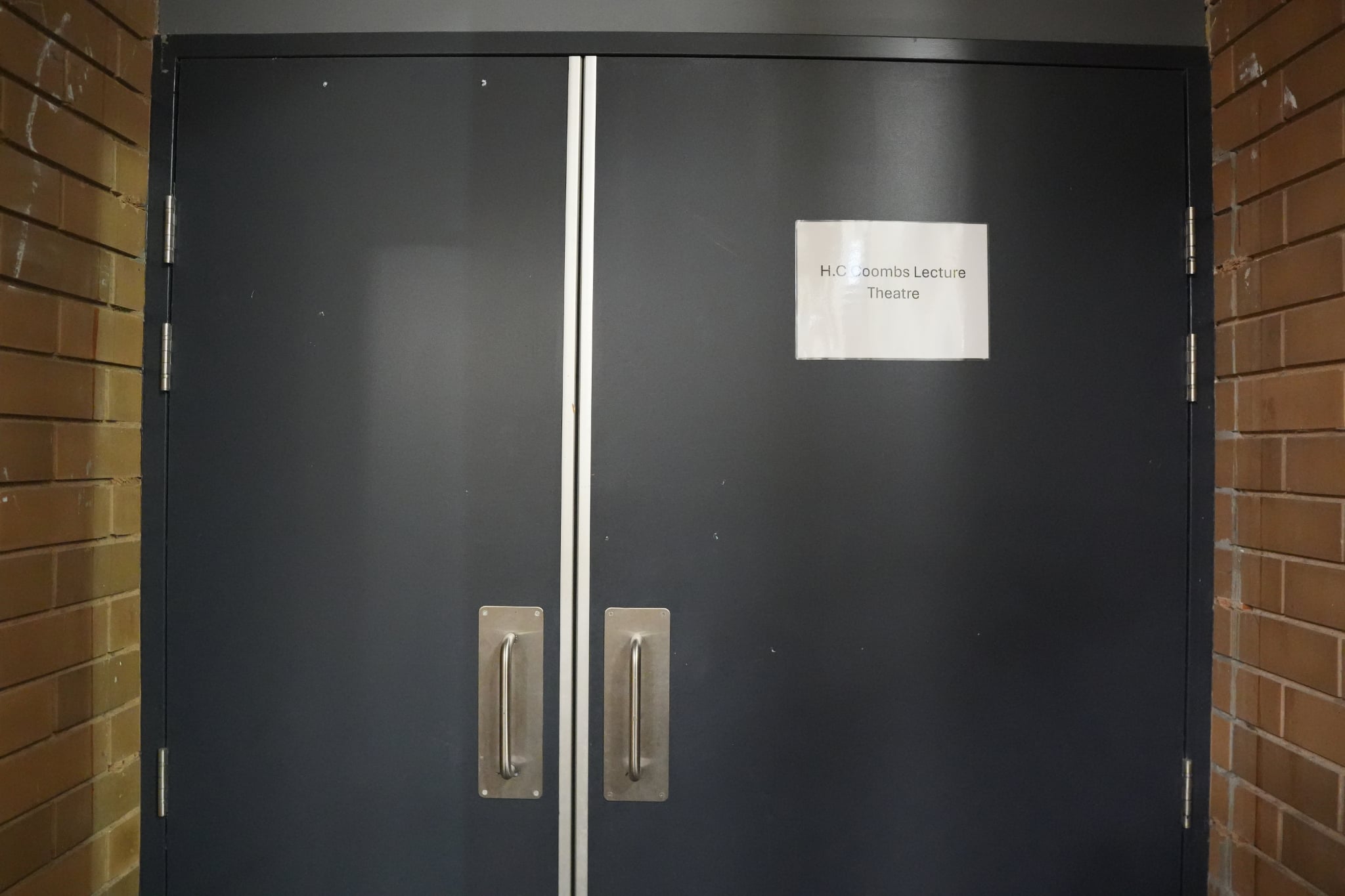
Better Together: Strengthening Regional Engagement
WORKSHOP
The University of Tasmania was introduced as a regional university. Tasmania is generally suffering from a “brain drain” as students are moving to mainland Australia to pursue tertiary education studies. This creates a dangerous cycle whereby the lack of students encourages the university administration to cut underperforming courses, and this in turn means that students are less likely to choose the university to study at. Students aren’t going to choose to study at the University of Tasmania out of the blue; action must be taken by the administration of the university to make it a more attractive university to study at.
At some regional campuses there can be as few as 300 students, which again incentivises university administrations to cut funding from these campuses. This causes problems for students in regional locations.
Regional students are more likely to be food insecure than students who are studying in a metropolitan university. It was mentioned in the workshop that up to 54% of University of Tasmania students are food insecure.
Some solutions that can apply generally to regional universities is a model for a “food hub” to exist. A food hub would provide low cost food to students, as well as providing free food education programs that encourage and teach students techniques for preserving food and cooking at home.
Another solution could be a social supermarket which is open to everyone, not just university students.
UQ APPLICATION
At the University of Queensland, the main regional campus is Gatton campus. Encouraging council members of the UQ Union to travel to Gatton for council meetings means that the governing members of the UQ Union can be on the ground to hear from students out at Gatton.
UQ already has a food cooperative that is run throughout the semester. However, this could theoretically be expanded to cover a wider variety of food products that students could purchase at a discounted price compared to Coles and Woolworths.
Fighting Education Cuts
WORKSHOP
The workshop outlined that the university bosses were clearly to blame for the course cuts, which is considered the “socialist perspective”. The workshop noted that here in Australia, universities are basically run as businesses: they want to get as many students as possible through the door and paying into the university.
The administration of universities used to be almost completely different 50 years ago when university was free for students. There was not a profit incentive for universities to milk the federal government and domestic and international students.
UQ APPLICATION
At UQ one of the courses cut by the UQ governing administration was museum studies. If the university feels comfortable cutting one course then in theory many more could be next.
This is concerning as the quality of Australian education continues to slip in comparison to other universities. The more courses that are cut, the worse the standard, quality and depth of information provided within degrees will be.
The UQ Union needs to take a position whereby any cuts to courses is unacceptable.
What’s Wrong with Universities, and What Can We Do About It?
WORKSHOP
Rod Lyall, the former University of Western Australia Guild Secretary, led this workshop. He outlined his view that there is a war between the central managers of universities and the departments of universities. This has been established over the past 40 years because corporatism/neo-liberalist policies have been prioritised over academics.
To “make it” as someone working in a university today, you don’t need to be the best in your particular field of academics. Instead, you need to be a ruthless corporate player and possess skills in business management.
Lyall additionally said that lecturers in universities used to be the people who would specialise so much that their skills would be useless in private enterprise. Therefore, the only place for them to work would be universities. During their tenure at universities they would teach and combine this with any research they would undertake.
However, now there are teaching contracts that specifically forbid lecturers and tutors from undertaking research. There is increasing casualisation in higher education, causing a lower availability of staff for their students as well as a lower quality of education as staff are unable to develop their skills through personal research.
Lyall noted that back when he was teaching at university, having more than 20 students in a tutorial was regarded as unteachable.
UQ APPLICATION
Lyall highlighted some serious and systemic problems that have been plaguing higher education for decades. The neo-liberalist economic system of higher education will be difficult to reverse now, as it has institutionally ingrained itself into how university administration operates.
University boards and senates need to be overhauled, with power and autonomy being given back to the university departments. Additionally, a general increase in funding needs to be realised.
Written by Samuel Wong
Views: 8
